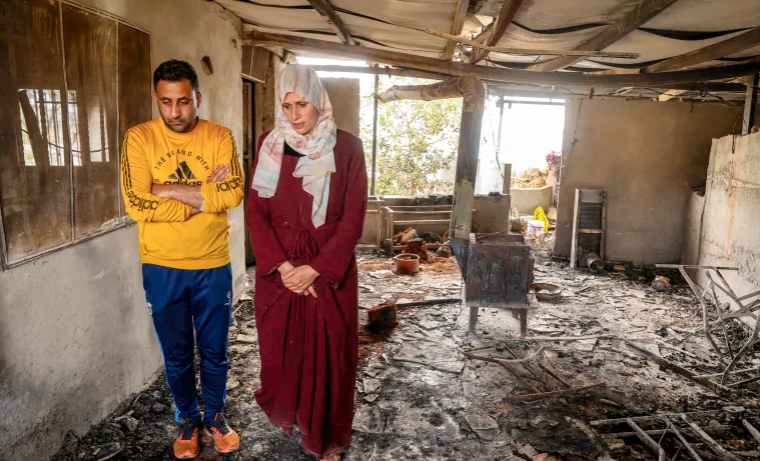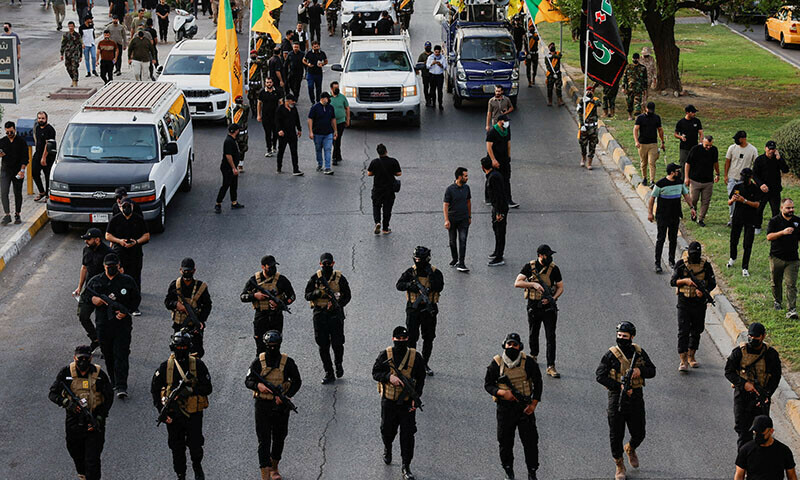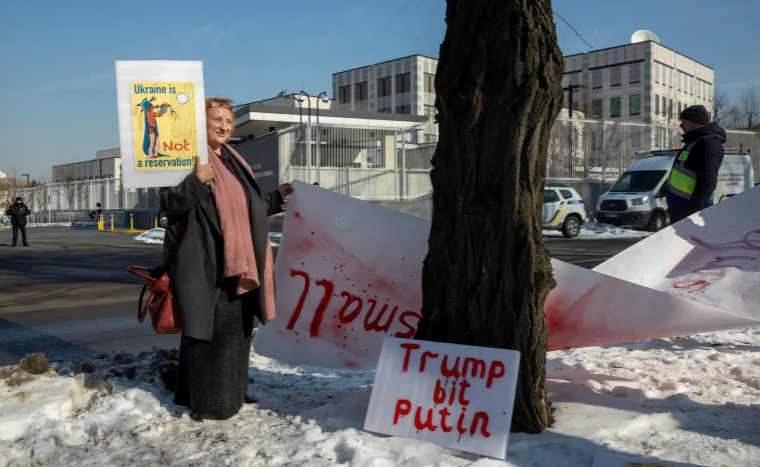WORLD NEWS

Since the start of Israel’s bombardment of Gaza on October 7, 2023, Palestinian herder communities in the occupied West Bank have faced an escalating wave of violence and forcible expulsions by Israeli settlers. These attacks, reportedly backed by the Israeli military, have displaced entire communities, including Zanuta, a Bedouin village in the Jordan Valley.
The settlers, emboldened by the absence of legal repercussions, have resorted to violent tactics, including theft of livestock, vandalism, and physical assaults on residents. Fayez Atil, a resident of Zanuta, recounts the violence his community faced after October 7. "Every day and night, settlers would try to steal our sheep and destroy our property," he said.
Atil and his family fled their village after a particularly brutal incident at the end of October 2024, when Israeli settlers beat a 77-year-old Palestinian shepherd, a moment that Atil described as the “first time we saw that level of aggression.”
These violent actions are part of a broader pattern targeting Bedouin communities in the West Bank. Since October 7, 2023, 46 Bedouin communities have been forcibly displaced, according to Al-Haq, a Palestinian human rights organization. This violence has intensified with settlers being armed, given ammunition, and dressed in military uniforms after the Gaza conflict began.
Shai Parnes, spokesperson for Israeli human rights group B’Tselem, highlights that this is state-backed violence, with settlers now granted legal power to arrest and kill Palestinians. "Settlers suddenly got weapons and military uniforms after October 7," Parnes said, noting that the Israeli government’s actions have effectively legitimized the settlers’ violence.
The vast majority of the forced expulsions have occurred in Area C, the largest and most resource-rich zone in the West Bank, which is fully controlled by the Israeli military. It is home to a significant number of Palestinian herding communities that have historically relied on agriculture for their livelihoods.
The Oslo Accords of 1993 initially aimed to divide the West Bank into three zones: Area A (under full Palestinian Authority control), Area B (joint control), and Area C (under Israeli control). Over the last few decades, illegal Israeli settlements in Area C have expanded rapidly, and the Palestinian population in this area has faced systematic displacement.
State-Sponsored Racism
This violent expulsion of Bedouin communities is not limited to the West Bank. In Israel proper, 120,000 Palestinians live in “unrecognized villages” in the Naqab Desert (Negev), descendants of those who remained on their land during the Nakba in 1948. Israel has long claimed that Bedouins are nomadic and must relocate to urban areas. However, Khalil Alamour, a Bedouin leader, stresses that Bedouins have lived in fixed locations for over two centuries and that their connection to the land is integral to their identity.
Alamour, who represents a Bedouin community in the village of Umm al-Hiran, explained that Israeli authorities have refused to provide services to these villages and have pursued policies of eviction and land confiscation. In November 2024, Israeli police demolished Umm al-Hiran, despite the Bedouins' agreement to live alongside Jewish settlers.
"This violence is part of a racist policy against all Bedouins, and against the Palestinian community more broadly," Alamour said.
Legal Struggles and Whitewashing the Occupation
Palestinian Bedouin communities have fought back through the Israeli legal system, although critics argue this process legitimizes the Israeli occupation of Palestinian land. Palestinian lawyer Qamar Mashraki, who represents communities like Zanuta, has managed to win court rulings that have granted communities the right to return to their land. However, Israeli settlers have physically attacked the communities when they attempted to return, forcing them to flee once again.
Mashraki noted, “We have to exploit every tool we [Palestinians] have,” despite the systemic oppression and violence they face. For communities like Zanuta, a second legal motion was filed demanding protection from the Israeli military and police, who are supposed to ensure the community’s safety after the court ruling. However, many other Bedouin communities feel hopeless, fearing that their legal battles will be unsuccessful in preventing the complete loss of their land.
Conclusion
The forcible expulsion of Palestinian Bedouin communities is not only an individual violation of human rights, but a wider issue of settler colonialism. With Israeli settlers empowered and state-backed, these communities face an uphill battle to protect their land and livelihood, often with little recourse to justice. Despite legal wins, the ongoing violence and displacement show how deeply entrenched the Israeli occupation is, leaving Palestinian Bedouins with few options to safeguard their way of life.




